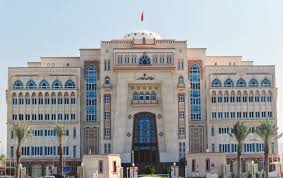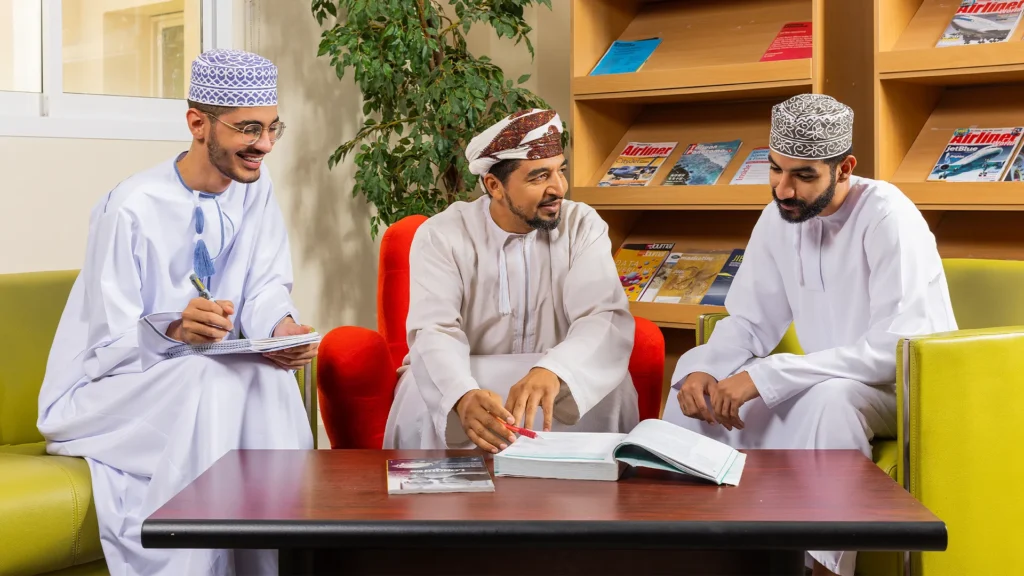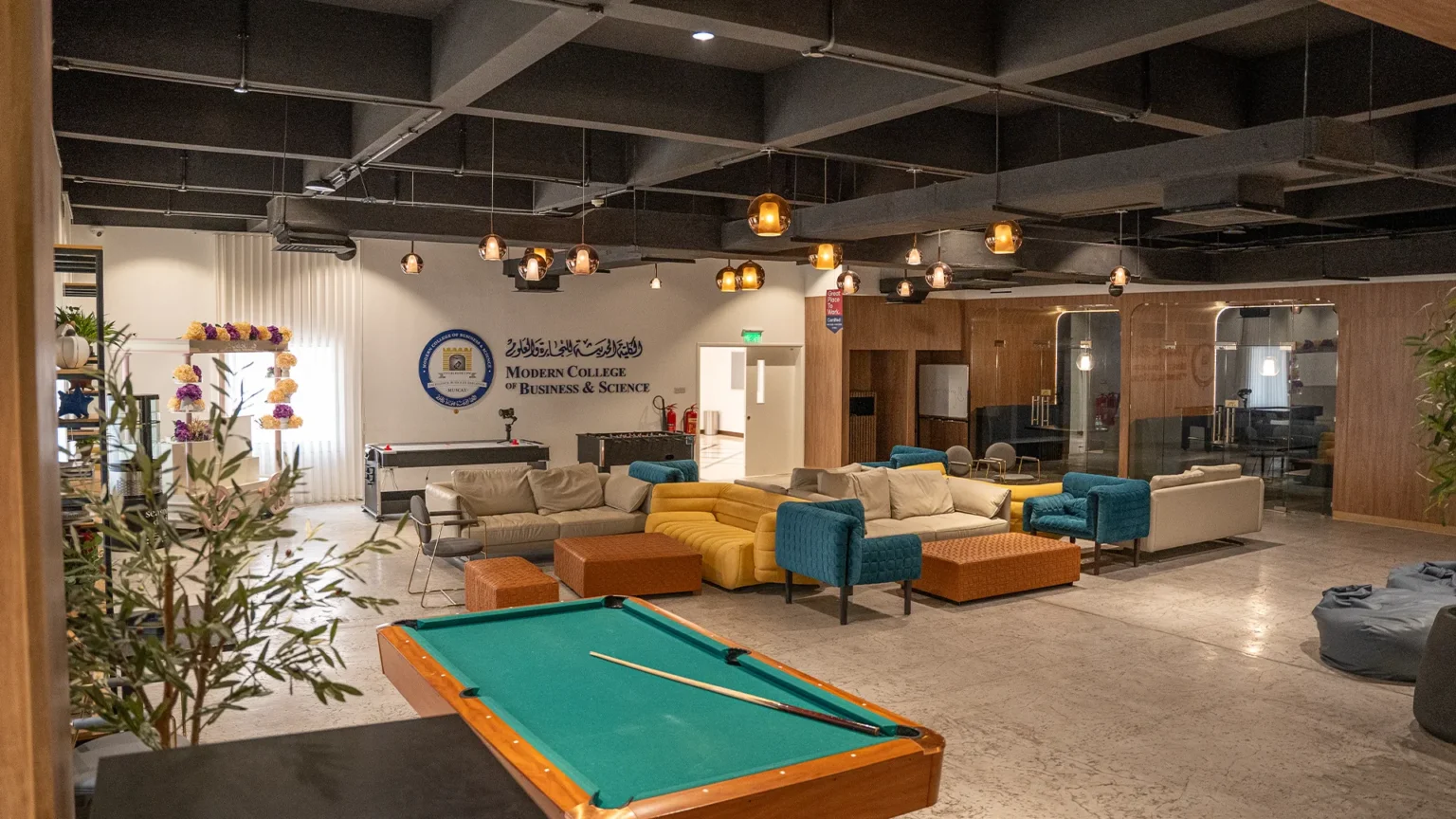Education has always been a vital part of human progress, shaping societies, inspiring innovation, and nurturing individuals to achieve their fullest potential. In Oman, the journey of education has been nothing short of transformative, weaving itself deeply into the cultural fabric and lifestyle of the people. From humble beginnings rooted in traditional learning to the modern, globally competitive educational system of today, Oman’s evolution in education reflects resilience, vision, and dedication to progress. This remarkable journey has not only impacted the way people learn but has also redefined how they live, work, and engage with the world.
The story of Omani education is not just about schools, universities, and classrooms it is about empowerment, opportunities, and a renewed sense of identity. Understanding this evolution helps us appreciate how far the nation has come and the role education continues to play in shaping Oman’s future lifestyle.
Early Learning Traditions in Oman
Before the emergence of a structured educational system, Oman relied heavily on traditional and informal learning methods. Knowledge was passed down from one generation to the next through oral traditions, storytelling, and religious instruction. Mosques served as the primary centers of education, where scholars and elders imparted teachings of the Quran, Arabic language, and moral values.
Children learned not just literacy but also life skills that were essential for survival in a land of deserts, mountains, and coasts. Fishing communities shared skills of the sea, while agricultural families taught farming and animal husbandry. This form of education, though limited in formal structure, was rich in values and practical wisdom, shaping the daily lives of Omani families.
The Turning Point: Modern Education Reforms
The real transformation in Oman’s educational landscape began in the early 1970s, under the leadership of Sultan Qaboos bin Said. Recognizing that education was the foundation of progress, sweeping reforms were introduced to establish schools across the country. At that time, Oman had very few schools, but within a short period, thousands of institutions were built, bringing education to even the most remote villages.
This was not just a policy shift it was a turning point in Omani lifestyle. Families who once prioritized traditional livelihoods began to embrace the opportunities education offered. Parents encouraged their children, both boys and girls, to attend school, envisioning a future where education would lead to better lives. With literacy programs, free schooling, and accessible learning resources, education became a right for every Omani child, transforming societal expectations and aspirations.

Education as a Catalyst for Social Change
As more Omanis gained access to formal education, social dynamics began to shift. Women, who once had limited roles in public life, started to emerge as active participants in society. Education empowered them to pursue careers in medicine, teaching, business, and leadership, reshaping family structures and contributing to a more inclusive lifestyle.
Men, too, found their lives changing. Traditional occupations gradually gave way to professional opportunities in government, commerce, and technology. The emphasis on education created a generation of individuals who were not only literate but also capable of critical thinking, innovation, and leadership.
The ripple effect of this transformation was evident in daily life. Families began to place higher importance on education, celebrating academic achievements, and encouraging younger generations to pursue higher learning. This cultural shift made education a central pillar of the Omani lifestyle.
Higher Education and National Development
The establishment of universities and colleges marked the next phase in the evolution of education. Sultan Qaboos University, along with several private institutions, became centers of excellence that attracted students from across the country. These institutions offered specialized courses in science, engineering, business, and humanities, equipping Omanis with the skills required for modern careers.
Higher education did more than provide degrees it created an environment where research, innovation, and intellectual curiosity thrived. Students were encouraged to think globally while contributing locally, blending modern knowledge with Omani values. The outcome was a generation of educated citizens ready to participate in national development, leading to advancements in healthcare, infrastructure, technology, and governance.
The Role of Technology in Omani Education
In recent decades, technology has played a revolutionary role in redefining education in Oman. Smart classrooms, e-learning platforms, and digital resources have become part of the modern learning experience. During global challenges such as the COVID-19 pandemic, Oman adapted quickly to online education, ensuring that learning never stopped.
Technology has also expanded educational opportunities beyond borders. Omani students now have access to international online courses, digital libraries, and global academic networks, making them part of a connected world. This technological integration has influenced lifestyles, encouraging greater digital literacy, flexibility, and innovation among young Omanis.

Education and the Workforce Transformation
One of the most significant outcomes of Oman’s educational evolution has been its impact on the workforce. In earlier times, employment was centered around agriculture, fishing, and trade. Today, thanks to education, Oman has developed a diversified workforce that contributes to industries such as oil and gas, banking, healthcare, IT, tourism, and renewable energy.
This transformation has elevated living standards, provided financial stability for families, and opened opportunities for entrepreneurship. Education instilled a culture of ambition, where young Omanis aspire not only to secure jobs but also to create businesses, lead organizations, and contribute to the nation’s vision for the future.
Preserving Heritage Through Education
Despite the embrace of modern education, Oman has successfully preserved its cultural heritage and traditions. Schools and universities emphasize the importance of Omani history, language, and identity, ensuring that progress does not come at the cost of heritage.
Students are encouraged to learn about their roots, celebrate national festivals, and uphold values of hospitality, respect, and unity. This balance between modern knowledge and cultural preservation enriches the Omani lifestyle, making it both progressive and deeply connected to tradition.
The Lifestyle Impact on Families and Communities
The evolution of education has reshaped family structures in Oman. Parents are more invested in their children’s academic success, creating supportive environments that value learning. Families now plan their lives around school schedules, examinations, and graduations, making education a central theme in daily life.
Communities, too, benefit from educated citizens. Public awareness campaigns on health, environment, and social issues are more effective because people understand and participate actively. Education has fostered stronger communities where collaboration, problem-solving, and civic responsibility are part of everyday living.
Future of Education in Oman
Looking ahead, Oman’s educational journey continues with a focus on innovation, sustainability, and global competitiveness. The government’s Vision 2040 emphasizes the importance of preparing a knowledge-based society, where education fuels economic growth and social well-being.
The future will likely see greater integration of artificial intelligence, personalized learning systems, and international collaborations. Education will not only prepare Omanis for careers but also for global leadership roles, ensuring that the nation continues to thrive in a rapidly changing world.
Conclusion
The evolution of education in Oman is a story of resilience, vision, and transformation. From traditional mosque-based learning to globally recognized universities, education has touched every aspect of Omani life. It has empowered individuals, elevated families, transformed communities, and redefined the nation’s identity.
Today, education is not just an institution in Oman it is a way of life. It influences how people dream, how families live, and how society moves forward. As Oman embraces the future, education will remain the guiding light, ensuring progress while honoring heritage.
The Omani lifestyle, shaped and enriched by education, stands as a testament to the power of learning to transform lives and build brighter futures.
Also Read – Embracing Wellness Through Oman’s Timeless Health Traditions



